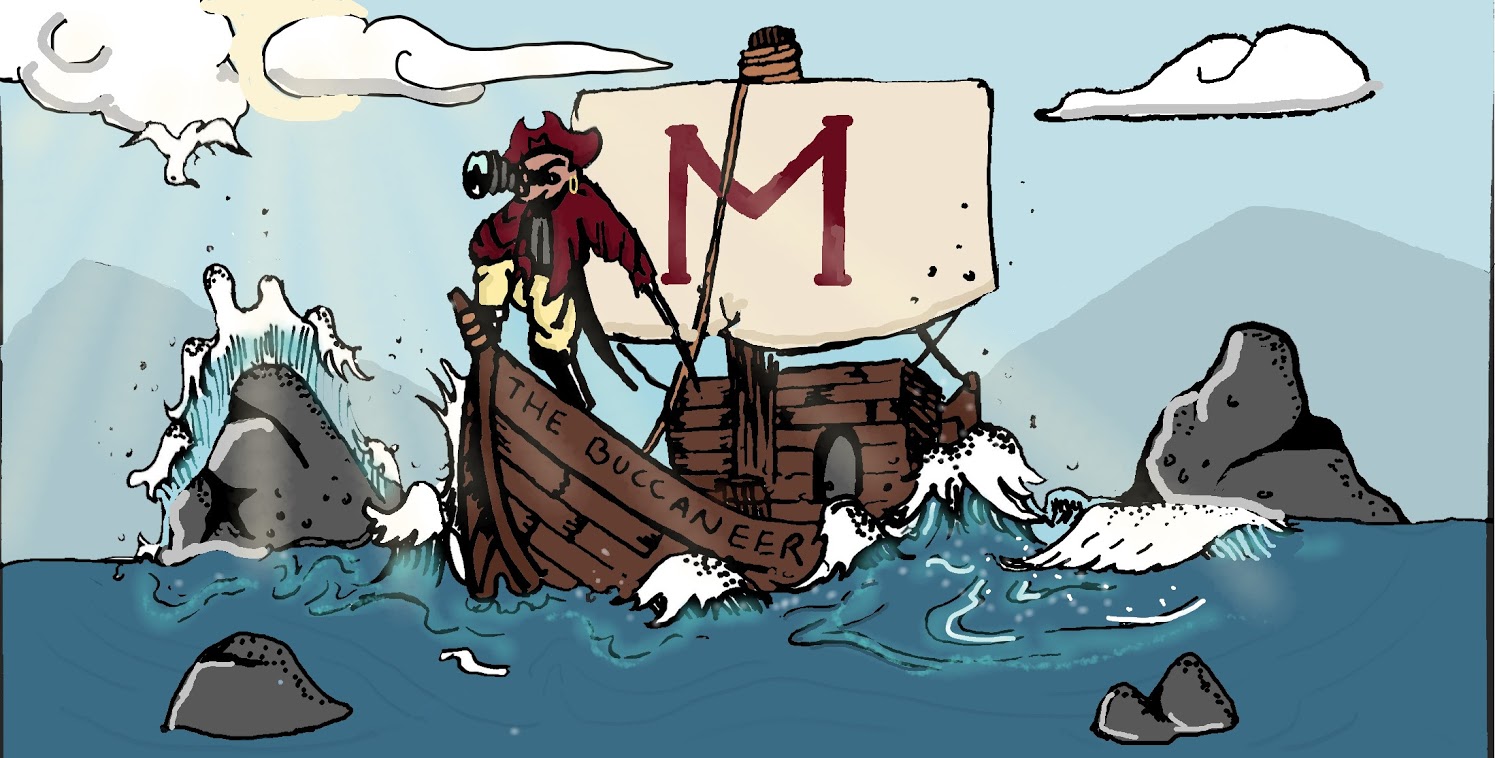So Many Meetings, So Little Time
July 14, 2020
On Monday, March 2, there was a National Honor Society meeting in the auditorium. Coincidentally, there was also a S.A.V.E. meeting in room 108 at the exact same time. This created a conflict for many students, as many of the participants in S.A.V.E. are simultaneously active members of the National Honor Society.
This is one of many frustrating instances where multiple club meetings are scheduled on the same day and time. Frequently, various honor society meetings are scheduled to take place concurrently, which puts students in the difficult position of having to choose between obligations. This issue affects everyone from freshmen to seniors, and all grades share in the exasperation and confusion caused by the conflicts.
A frequent source of vexation for ardent scholars was the scheduling of National Honor Society and History Honor Society meetings. Both of these prestigious groups met sparingly throughout the year, but unfortunately, dates for their respective activities always seemed to coincide with one another. Since both organizations require active participation from members to flourish, students were forced to scramble between various meetings, or attend only one event, and jeopardize their standing in the other honor society.
Furthermore, participants of niche extracurricular activities, such as the AP Physics Calculus students, were sometimes obligated to miss important honor society meetings, due to the fact that meetings conflicted with class times. This inevitably led to these students scrambling to compensate for missing mandatory club activities. It is unfortunate that students are often forced to choose between important clubs and activities. Ideally, scheduling would be altered to enable students to participate in all of their activities without conflict.
There are various solutions to this problem, but the most effective method for combating conflicts appears to be flexibility and planning by faculty and students. Club meetings can be organized in a manner that acknowledges the other obligations of their members so that conflicts are mitigated at the beginning of the school year. Theoretically, supervisors of the various honor societies could stagger their meetings so that each group only congregates on a specific day of the week, or create a schedule that rotates meeting days and times.
Certain clubs, such as Chess Club, have altered their schedules to avoid conflicts with students’ honor society meetings and other obligations. For instance, Mr. Mattes, the Chess Club’s supervisor, moved the meeting day from Monday to Wednesday, in order to accommodate the members who participated in AP Physics C every Monday afterschool. This shrewd planning has allowed Chess Club to retain its senior population, while simultaneously allowing students to fulfill their academic obligations.
Students can contribute to this process by communicating to their club supervisors which days are packed with other extracurricular activities. Hopefully, this would allow supervisors and members to reach a consensus on the best day for an organization to meet. This process could drastically reduce the frequency of afterschool conflicts throughout the school year.
There are no definitive solutions to this conundrum, but increased communication between club advisors and students is an imperative first step towards a less chaotic and more productive after school experience.




